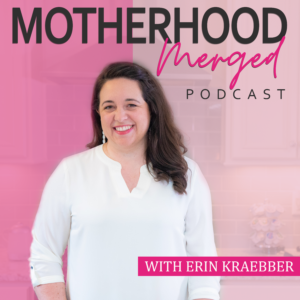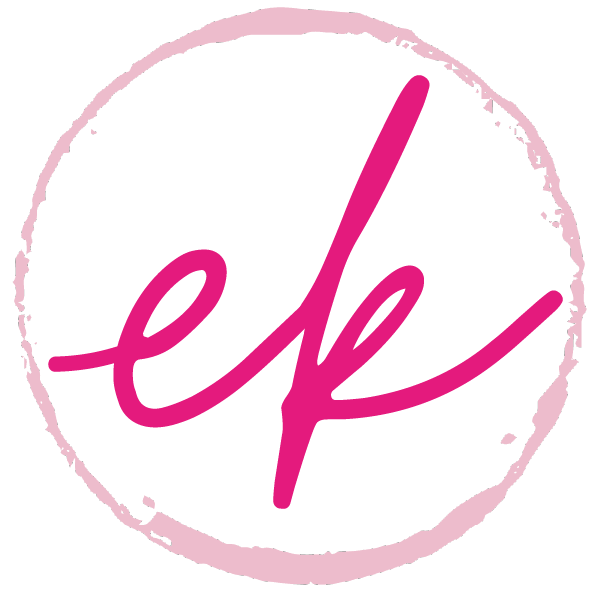Did you know that I have interviewed while pregnant two different times and the second time led me to change jobs and pack up everything and move, at nearly nine months pregnant?
It’s true.
If you find yourself with an opportunity to advance or grow your career in a positive direction, pregnancy can feel like a major roadblock.
Opportunity Knocks
Three years into my professional journey, pregnant with my first child, I received a call out of the blue inviting me to interview for a position at another university. It was an equally prestigious university, a big southern school with bigger budgets, bigger staffs, bigger everything.
I breezed through the phone interview and was invited down to the school for a final round. But there was one major issue- I was past the point where I felt safe flying.
I panicked and didn’t know what to say. It came out of my mouth that I was excited but that I couldn’t fly in for an interview right then. That ended the opportunity really quickly. It was “well good luck with that, we need to move forward with our process.”
At the time, I just accepted that end to the conversation. Zoom wasn’t a thing and I was too young into my career to know what to ask
Fast forward to 2012.
I now have a three-year-old at home, and have already transitioned roles once.
The opportunity to change course into a better environment for both myself and my family came to me again.
But I was going through the process in December with a March due date. I was in the 3rd trimester of my second pregnancy so I was huge and miserable. But the interview was within a comfortable driving distance so I went through to process.
I rented a maternity suit to look as professional as possible and was honest and upfront about my hopes for the pregnancy, maternity leave and return to work.
To disclose or not to disclose, that is the question.
I don’t know if I believe it’s an ethical dilemma as much as I believe it’s a personal choice. Every situation is going to be different and honestly, timing is everything. For you as much for them, same with your relationship to the employer or the recruiter. Your decision might be different in different situations. Your health, your baby’s health, the due date, how many kids are at home, insurance, doctors all play a role in this decision.
Legally, you’re under no obligation to disclose your pregnancy to a potential employer before being hired.
However, if you’re meeting in person and noticeably pregnant, expect it to come up and be prepared to acknowledge the pregnancy. Then, redirect the focus to your excitement about the position, your long-term plans for the role, and the contributions you’ll make as a member of the team.
As I went through this process, here are three main factors I had to navigate and should be on your radar.
What to Wear
There are a couple of schools of thought here- do you hide it or how do you dress it to feel both professional and comfortable.
To feel professional, I rented a business suit from an online company called mine for nine. It’s a rent the runway concept but for pregnant women to find formal wear or unique pieces for a fraction of the price that you can rent for a day or weekend. It was a lifesaver at that point for me.
I feel like this might not be as much of a roadblock nowadays but at the moment, it felt like a big one. If you trying to hide a bump or just feel professional and comfortable with it for the day, there are a lot of options to help you dress the part.
Benefits
Once you disclose your pregnancy you are protected from discrimination but it’s important to clearly understand the benefits plan and what elements will and won’t be available to you if you make a change. Specifically around the maternity leave and if you even qualify.
The US is the only industrialized nation without a paid family leave law so you’re at the mercy of your company’s policy and state’s benefits.
Family Medical Leave Act (FMLA) provides 12 weeks of job-protected, unpaid leave, you must have been with the company for at least 12 months.
The FMLA requires employers to give you your original job (or one that’s equivalent) when you return from your leave. It also requires employers to provide continuous health insurance coverage while you’re out.
If you don’t qualify for FMLA, you might be able to take advantage of long- or short-term disability or medical leave offered by your state. But you won’t know the answers on these specifics until you ask for the information.
Beyond the initial having of the baby, you also want to understand the family-friendly policies that might be important to you. You don’t have to ask all the hard-hitting questions on the first go-round but the benefits and culture become more important as you weigh your options.
Change in Medical Care
The final factor I had to weigh was related to my medical care. Not so much the insurance and benefits but the actual doctors I was used to and if I felt comfortable making a change mid-stream. Or in my case, really late in the game.
Whether you are early in your pregnancy or later, you will likely have an established care team. If the new opportunity is going to take you away from them, how comfortable are you with that?
If you are staying local and don’t have to change then obviously this doesn’t apply. But it was a big factor for me.
I felt like I didn’t have enough time to learn about my options for care and I had to just pick someone at random based on the insurance we were taking on with new employment.
If you have a specific birth plan you want to follow or are high risk or just plain don’t want to change, then you will need to take this into consideration and do the legwork as quickly as possible to make an informed decision.
Keeping Options Open
Ultimately I accepted a position and made it through close to 6 weeks of work before my daughter was born. I then was able to take 9 weeks of leave which was more than I expected.
It was tough coming back to work because I basically had to retrain on some things and while I was technically employed for a few months by then, it really only felt like a few weeks to me.
The key takeaway from this conversation is the fact that I am proof that it’s possible to make a job or career change while pregnant. If you feel like the opportunity is there and it makes sense for you based on your own priorities and set of evaluating criteria, then go after it.
Being pregnant doesn’t have to be the end or even require you to hit the pause button on advancing in your career. I am positive I raised a whole lot of red flags while I was going through the interview process.
But my skills, experience, and the way I ultimately sold myself as the right person for the job allowed me to land the position. It put the ball in my court so I could evaluate the company and its people based on my needs and my plans for pregnancy, maternity leave, and then return to a different environment.



